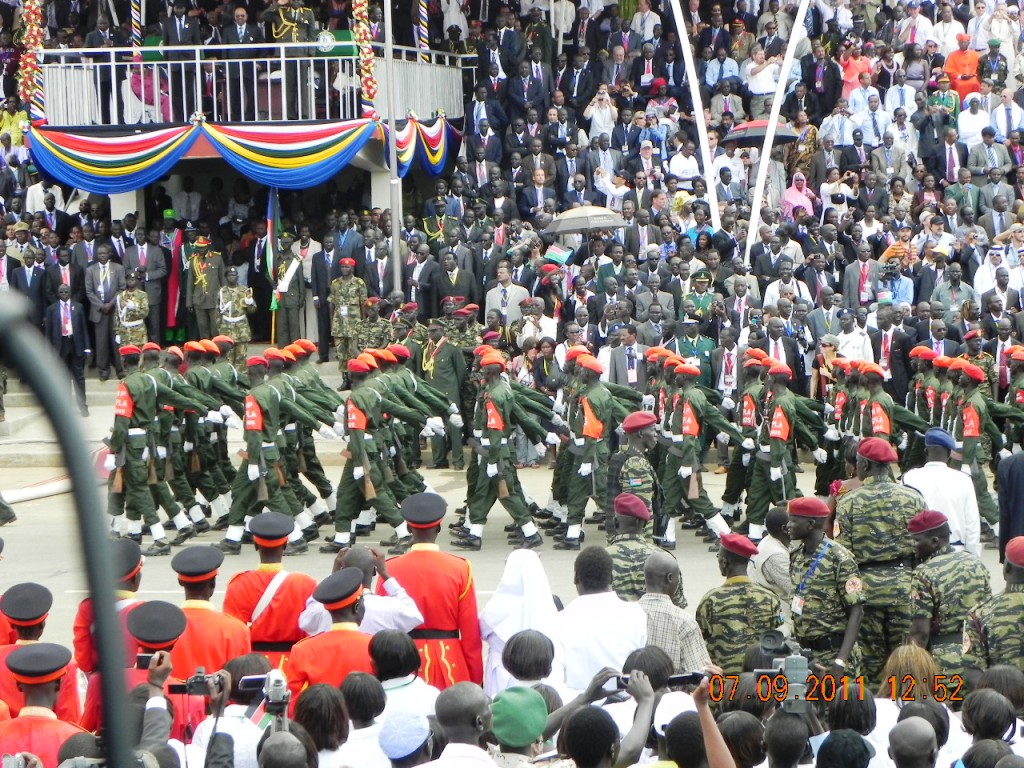When people do anything for the first time, you have no experience to fall back on, and so as things happen you discover that some of your plans were not exactly as you had foreseen them. And so, from time to time, we stumbled on something that we should have done, but we did not do and we hurriedly tried to address them.
MABIOR PHILIP MACH
The top Independence Day organizer has told of how officials worked day and night to pull off the feat only to be nearly torpedoed by delayed contractors.
The Chairman of the Technical Committee for the Preparations for the Independence of South Sudan, Abdon Agau, however, said that things they did not anticipate were just a few, which they missed out due to inexperience.
“When people do anything for the first time, you have no experience to fall back on, and so as things happen you discover that some of your plans were not exactly as you had foreseen them,” Abdon, also the Secretary-General of Government, said. “And so, from time to time, we stumbled on something that we should have done but we did not do and we hurriedly tried to address them.”
“For most of the programs, the only challenge was that the contracts were given late and when some of the contractors started assembling their resources to start the contracts they were not very successful in doing it in time,” said Abdon.
He said, “the spirit with which people have been doing things, whether in the various committees or among the workers who have been employed by the various contractors has been great’.
“Otherwise, most of the work could not have been achieved this time,” he said.
Independence was badly sought after.
But the most enduring agony in the long quest for freedom, according to Abdon, was the sight of seeing dead colleagues.
Of course, Abdon himself did not fight physically, given the fact that he was in the southern opposition to the rebel administration during the war. He made his political struggles abroad. But his frequent movements to liberated areas as part of his political work exposed him to the horrible undertakings situations.
“For those who fought, it is amazing to look back now to even imagine how the war itself could have been executed under those very rudimentary conditions without real roads, without garages for maintaining cars, without power, sometimes without water in many of the places where people had to fight,” Abdon said, his voice trembling.
“They are now, in some cases, memories at which people laugh. The experiences of fighters during that time were bitter. But for most of the former fighters, when they sit together and look back to those times, they sometimes cannot help but laugh at those difficult situations they had to go through,” he said.
Added Abdon: “There are those bad moments when you remember a comrade in arms being shot and dying in action next to you. These are things that make people shed tears in memory.”
The interim period is officially over, and so is the ceasefire. The new country has begun in joy and excitement. days are apparently over. It is a period of joy now. Yet more is expected in terms of services and good governance from the sacrifices made.




